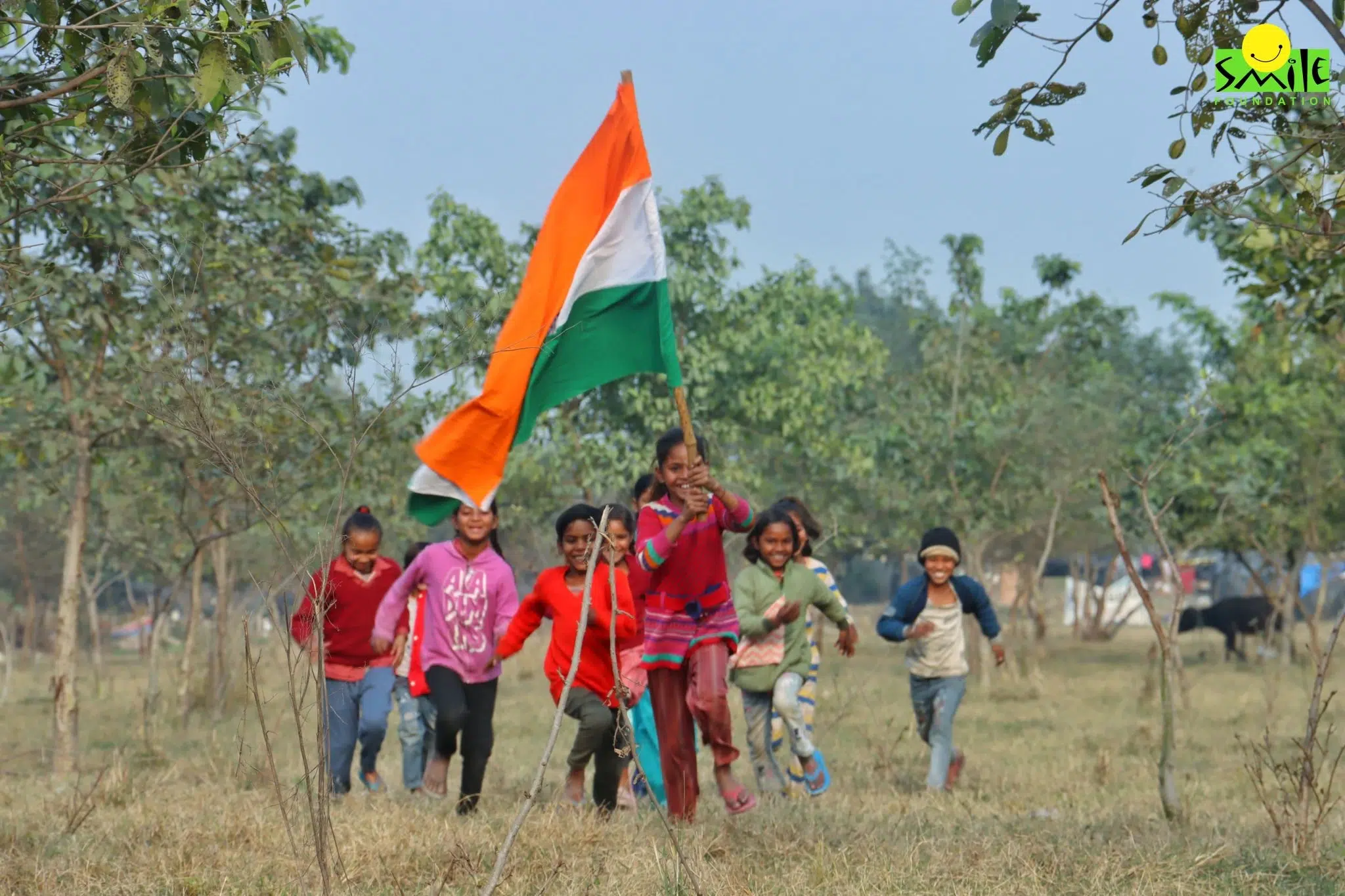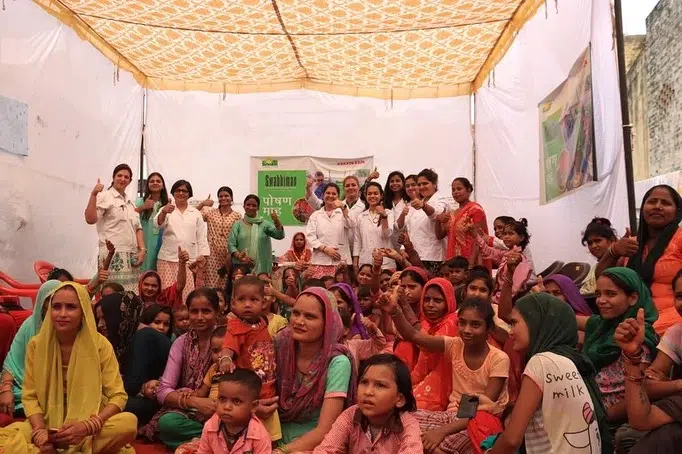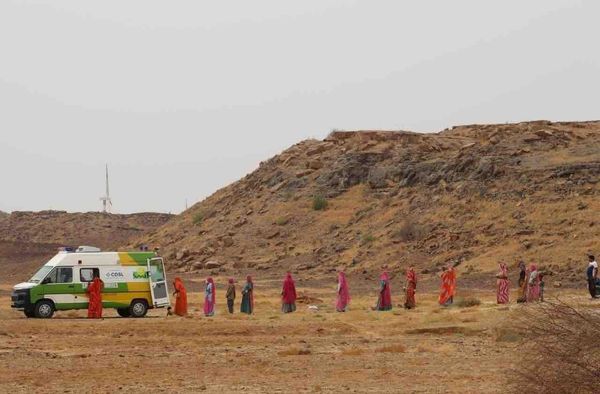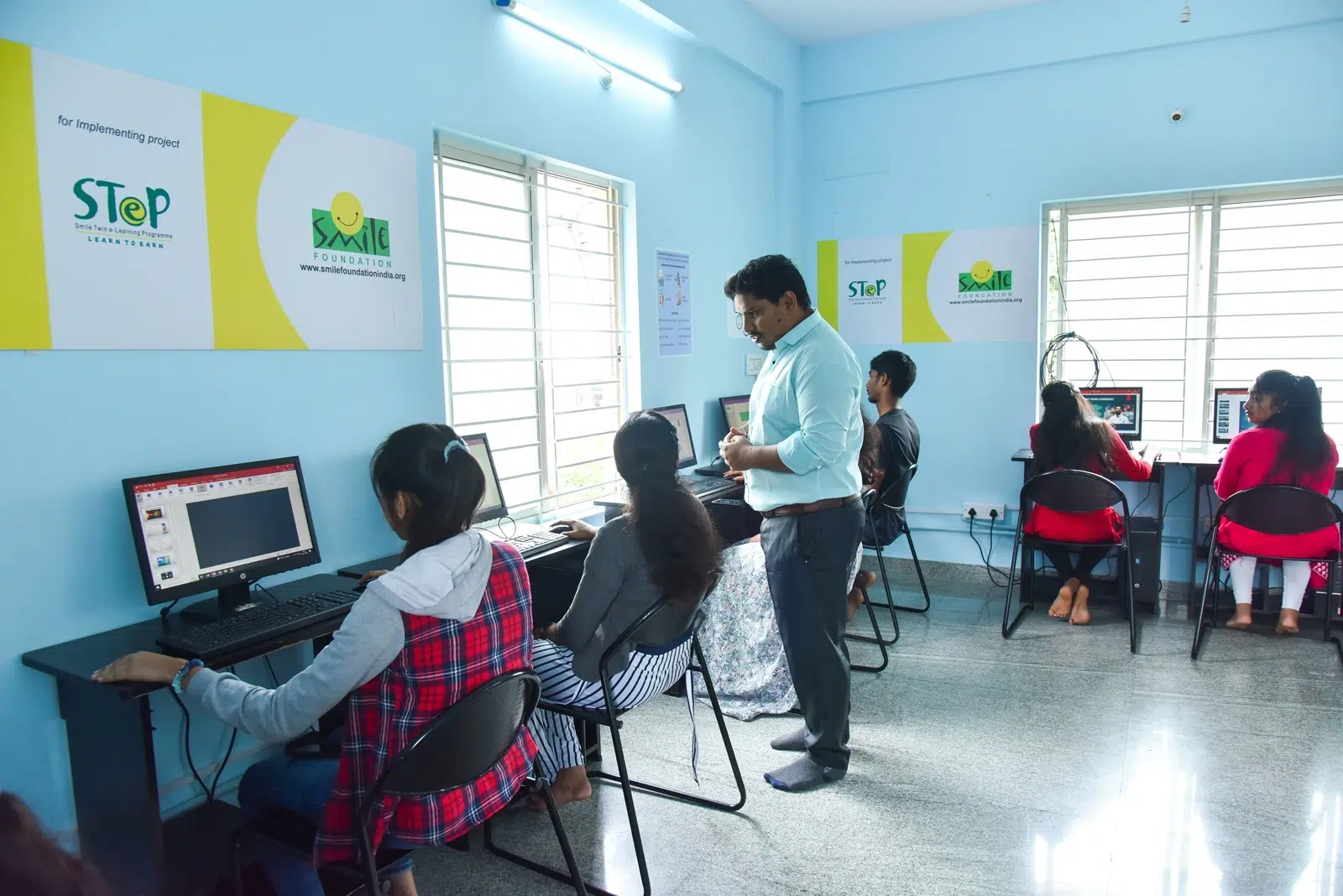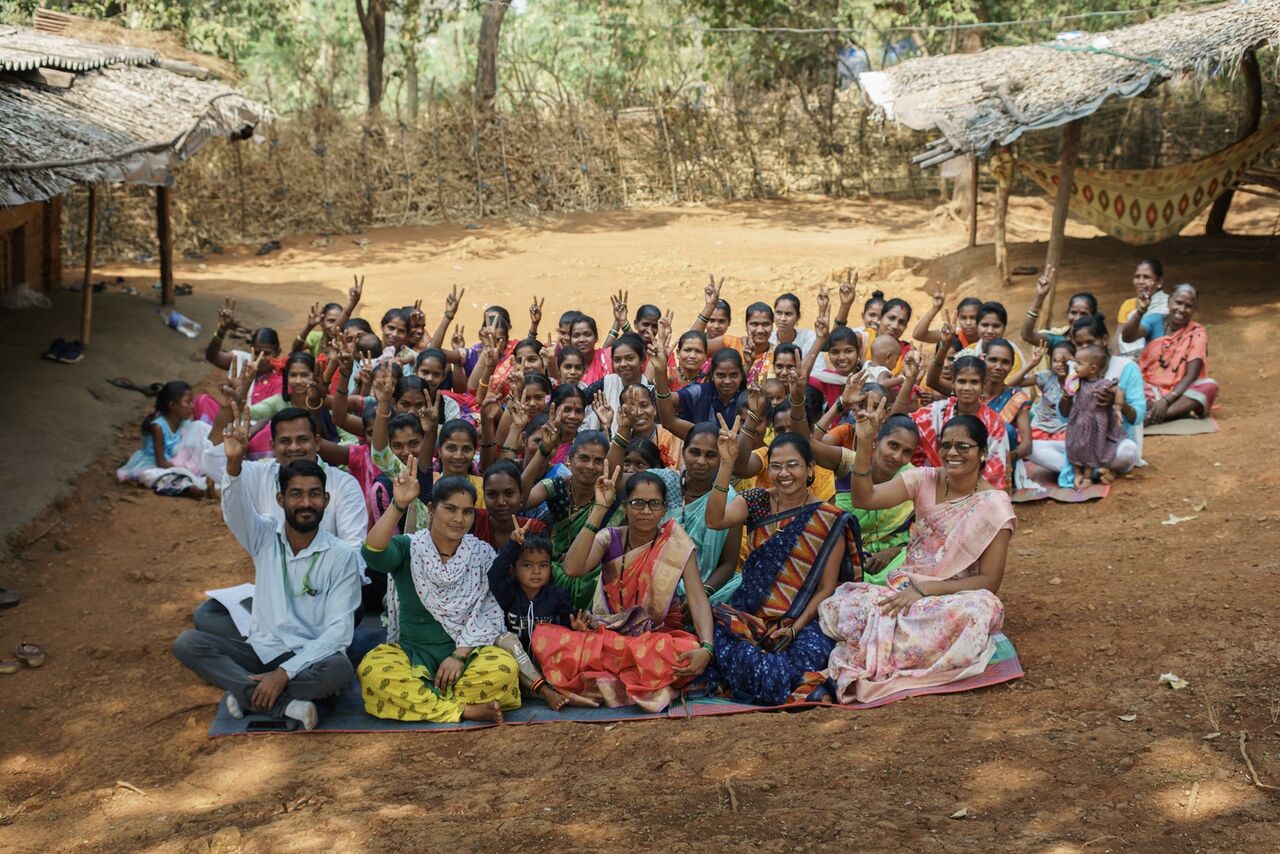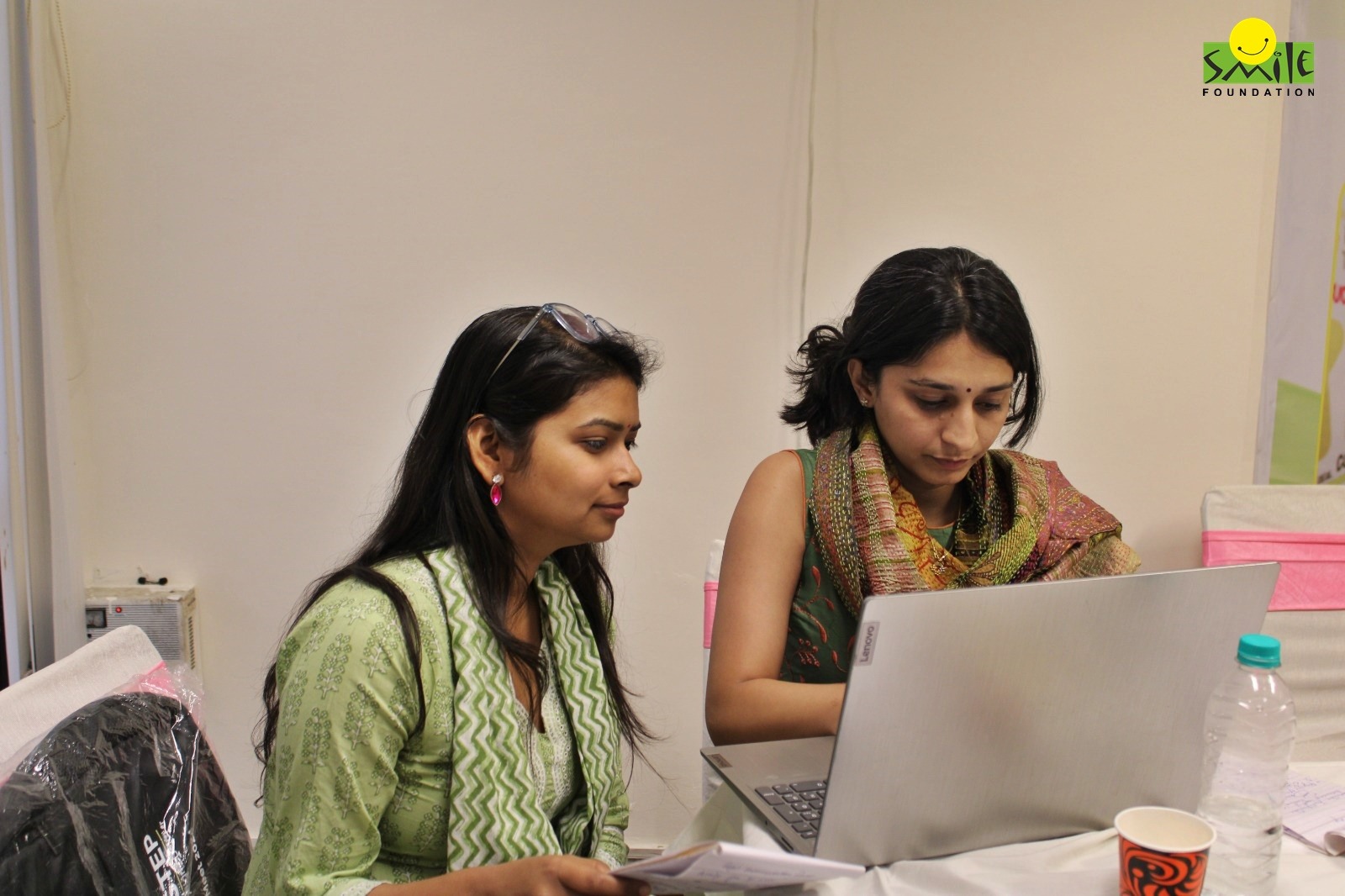Women’s empowerment is often measured in numbers. We hear about the percentage of women in the workforce, the gender gap in education or the number of women in leadership positions. While these statistics highlight areas of progress, they often overlook the deeper and more complex aspects of what empowerment truly means. Empowerment is not just about data on women; it’s about reshaping society to ensure that every woman has the agency, opportunities and freedom to define her own path.
Why We Need to Move Beyond Data on Women?
Statistics are useful. They can show us where we stand, help policymakers identify gaps and create awareness about gender disparities. However, when we focus solely on numbers, we risk reducing women’s empowerment to a checklist. For instance, India has made significant progress in female literacy, with the literacy rate for women now standing at around 70% (Census 2011). But literacy alone doesn’t guarantee that women have the autonomy to choose their careers, control their finances or live free from discrimination.
The World Economic Forum’s Global Gender Gap Report 2023 ranked India 127th out of 146 countries in gender equality. This ranking is influenced by factors like women’s participation in the workforce, gender parity in education and health outcomes, but these figures don’t capture the full picture. How many women in India are actually in positions of power? Are they treated equally once they get there? Are women in rural areas, or from marginalised communities, receiving the same opportunities? These questions demand a more comprehensive understanding of empowerment.
True Empowerment: Real Solutions Beyond Data on Women
Empowerment goes beyond data on women, require us to address cultural, economic, psychological and intersectional barriers that limit women’s full potential. Here are four crucial areas of empowerment, along with practical solutions that move beyond numbers to address real issues.
1. Challenging Cultural and Social Norms
In India, cultural norms often limit women’s rights and opportunities, affecting their lives at home, in school, and in the workplace. The National Family Health Survey (NFHS) 5 found that one in four women aged 15-49 has experienced domestic violence. Achieving true empowerment requires dismantling these outdated norms.
Solution: Gender-sensitive education and awareness campaigns are essential to shift mindsets. Schools should incorporate programs that teach gender equality and encourage critical thinking from an early age. Engaging men and boys in the conversation through role models and community leaders can gradually reshape attitudes. Creating community support networks, where women feel safe to share their experiences and build solidarity.
2. Economic Empowerment: More Than Just Employment
Although women’s participation in India’s workforce is increasing, many remain trapped in informal, low-paying jobs without growth opportunities. The Gender Gap Report 2023 shows that women in India earn around 20-30% less than men for similar work. For women to be economically empowered, they need more than just jobs; they need real economic independence.
Solution: Skill-building and entrepreneurship programs tailored to local needs can help women secure better jobs or even start businesses. Initiatives like Self-Help Groups (SHGs) in rural India offer women access to microfinance, enabling them to achieve financial independence. Mentorship programmes, which pair women with experienced professionals, can also help them gain confidence, negotiate better salaries and develop their careers. Flexible work arrangements and equal pay policies are critical for creating fair opportunities for women in the workforce.
3. Psychological Empowerment
Empowerment includes psychological strength—the confidence to make independent decisions about one’s body, career and life. Unfortunately, self-doubt and fear of social judgment still prevent many women in India from reaching their full potential.
Solution: Mental health support and mentoring programmes can be transformative. Establishing counselling services and support groups in schools and workplaces provides a safe space for women to build confidence and seek guidance. Programmes that focus on life skills and self-defence classes also empower women by reinforcing their ability to make independent decisions and feel secure.
4. Addressing Intersectionality
Women from marginalised communities, often face compounded discrimination. Intersectionality must be considered to create equitable empowerments for all.
Solution: Government and non-profit programmes should tailor their support to meet the specific needs of these communities. Offering scholarships, mentorships and targeted vocational training can empower women from these backgrounds. Engaging local leaders in outreach helps ensure that programs are culturally sensitive and accessible. Moreover, reserved positions in leadership help bring diverse voices into decision-making roles.
Empowerment is a Continuous Journey
True empowerment isn’t a destination but a continuous journey. Real empowerment lies in creating a society where women are free to make choices, live without fear and pursue opportunities to their fullest potential. We need to focus on holistic changes that improve women’s lives across every domain—economic, cultural, emotional and social.
India has made remarkable progress, but we must ensure that the changes we see in data translate into real, meaningful improvements in women’s lives. Empowerment goes beyond checking off a list; it’s about creating a world where every woman can thrive, no matter her background.
Swabhiman: Smile Foundation’s Empowerment Initiative
Unlike many initiatives that focus primarily on numbers, Smile Foundation’s Swabhiman programme aims to create real, lasting change in the lives of women from underprivileged backgrounds. The programme emphasises holistic empowerment through skill development, financial independence and educational support, including scholarships. Women in the programme receive training in various vocational fields—such as core employability, computer literacy and entrepreneurship—so they not only acquire skills to secure jobs but also develop the confidence to be self-reliant and independent.
Since its inception, Swabhiman has transformed the lives of lakhs of women across India. By providing access to a broad range of services and a supportive network, Smile Foundation is helping to shape a more equitable society—one where women from all walks of life have the opportunity to live with dignity, independence and confidence.
A Call for Change
We all have a role to play in this transformation. From policymakers to business leaders, from educators to parents, we must continue to work toward a world where women’s empowerment is not defined by numbers alone, but by the freedom and opportunity to live their lives on their terms. Let’s ensure that India’s future is one where women don’t just rise—they soar. And initiatives like Swabhiman are leading the way, showing us that true empowerment is not just about a number on a page, but about transforming lives from within.




